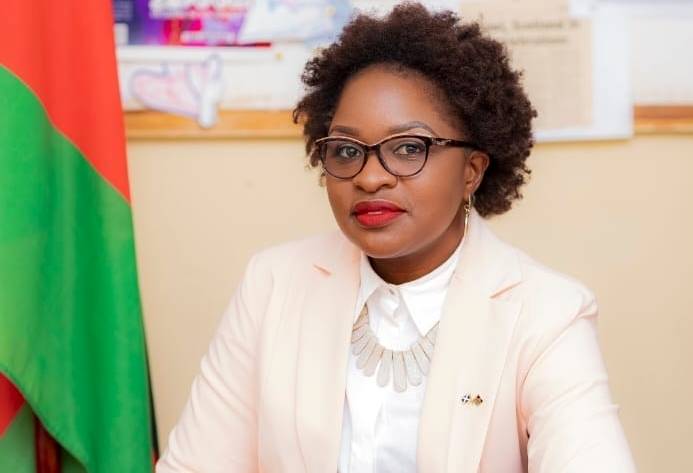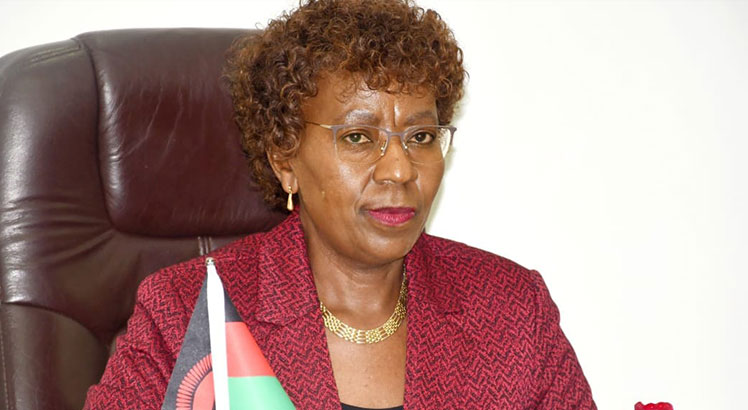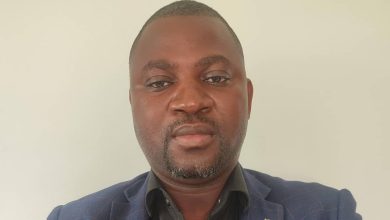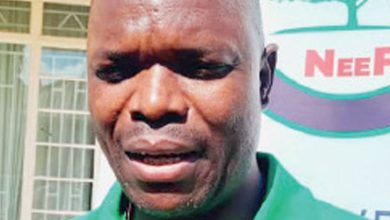UTM officials cling to govt
A day after UTM announced its withdrawal from the Tonse Alliance, its officials stayed put in their government positions, including Cabinet, with observers noting divisions in the party.
Nation on Sunday asked UTM affiliated Minister of Tourism Vera Kamtukule if she would resign over the party’s decision.

She responded: “The reasons for which I accepted the appointment in the first place have not changed so I am not resigning.”
We asked what the reasons were and she responded: “That question should have been asked on July 11 2020 when I took oath of office.”
We were unable to speak to Minister of Labour Agnes NyaLonje as her phone went unanswered.
However, as we went for press, there were no reports of her resignation as well as of any of those in parastatal boards and foreign missions.
UTM acting president Michael Usi, who earlier said he would comment later on his party’s decision, is the State Vice-President.
The UTM withdrawal was announced on Friday in Lilongwe a month after a plane crash claimed the lives of State Vice-President Saulos Klaus Chilima and eight others.

Chilima was UTM president.
The party cited lack of communication from other alliance partners after the death of Chilima.
When asked if they expected those in government positions to resign, UTM spokesperson Felix Njawala said: “We can’t think for them as a party.”
Meanwhile, political analyst Wonderful Mkhutche said there will be no UTM-related resignations as most would choose their positions over the party.
“They are safer in their government positions, both politically and financially, than with the party. After all, UTM’s pull out from Tonse Alliance has been marred with hastiness and it is hard for one to follow the party out.
“This could have been different if it was done when Chilima was alive,” he observed.

Mkhutche noted that the lack of resignations is a sign of divisions in UTM, but urged it to stick to the decisions.
“They have already crossed the Rubicon. No more coming back to the alliance. To MCP, it is a message that they handled the alliance without certain considerations.
“However, that UTM is divided is clear, even to MCP. But they should not think that the prominent UTM people are not resigning because they are a better party. They remain in government because of government and not MCP,” he said.
MCP publicist Ezekiel Ching’oma said it is possible that factions exist within the UTM, with one faction potentially advocating the dissolution of the alliance.
He said they are waiting for official communication from the UTM.
“Once received, we will convene as a party to strategise the next steps and the nation will be informed accordingly,” he said.
Meanwhile, legal expert Gladwell Majekete has observed that UTM did not exhaust all avenues stipulated in the agreement before resolving to walk out of the alliance.
“One would also fault its conduct in as far as the alliance document is concerned that UTM did not exhaust the dispute resolution mechanisms as provided for in Article 5 of the agreement.
“In view of rules of construing agreements under contract law, UTM has violated the terms of the agreement by severing ties with MCP without invoking the dispute resolution mechanisms in the contract nor satisfying the requisite notice period,” the political scientist and governance scholar said.
Article 5 reads in part: “Where UTM and MCP have failed to resolve their differences in the manner outlined in sub-paragraph (1), they shall appoint three (3) arbitrators to be agreed by both parties.
“The arbitrators shall comprise a retired Judge, a member of the clergy and any other person agreed by the parties. The decision of the arbitrators shall be final and binding on the parties.”
The agreement was signed in 2020 prior to the court sanctioned Fresh Presidential Elections.
When asked why they did not seek dispute resolution in line with the agreement, Njawala said: “Our partners can respond better on this one.”
Meanwhile, in an interview Alliance for Democracy (Aford) president Enock Chihana who signed the document as Chilima’s witness said it was difficult for partners to pursue dispute resolution.
“MCP changed and started focusing on the country’s Constitution as the guiding principle. It was difficult to steer it towards the document. This is why Aford also walked out,” he said on Saturday.





